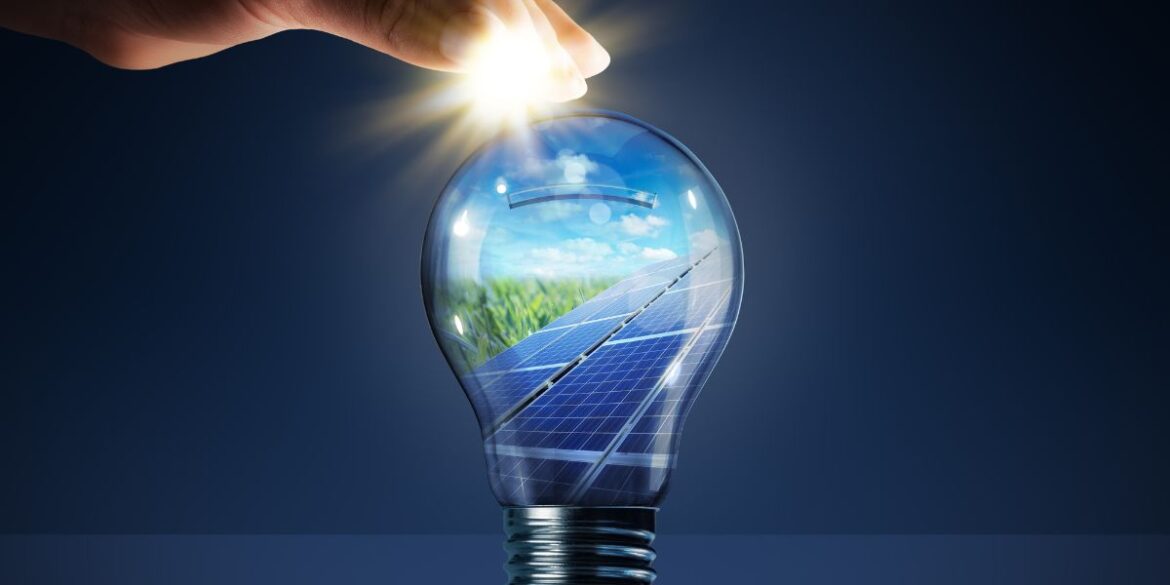The first week of March 2024 delivered compelling signals that the global energy landscape is undergoing a dramatic transformation, with record-breaking clean-energy investments and a bold fiscal stance from the UK government aligning to reshape economic policy.
On March 1, the International Energy Agency (IEA) released its latest Clean Energy Market Monitor, highlighting an explosive year for renewable power. Solar photovoltaic (PV) installations surged by 85% in 2023, while wind power capacity grew by 60%. These gains pushed total global clean-energy investment to an unprecedented US$1.8 trillion—marking a 10% increase over the previous year. However, the IEA notes that this investment remains heavily concentrated in China and wealthier nations, signaling a widening gap in the energy transition between developed and developing economies.
Meanwhile, on March 6 and 7, UK Chancellor Jeremy Hunt unveiled the UK’s March 2024 Budget, laying down fiscal strategies with far-reaching climate and economic implications. Among the standout policy moves were a freeze on fuel duties—offering immediate relief to households—a continued windfall tax on oil and gas companies, and the landmark abolition of the non-domicile tax status. Most notably, the government announced its largest-ever funding package for renewable energy, signaling a clear commitment to anchoring clean energy at the heart of Britain’s long-term economic strategy.
This alignment between market trends and government policy illustrates a pivotal moment: clean energy is no longer an aspirational niche. It has become a central component of macroeconomic planning and national competitiveness. By committing public funds and enacting supportive policies, governments like the UK are creating fertile ground for clean-tech innovation and signaling stability to investors and businesses.
For consumers, the budget’s freeze on fuel duties may soften the blow of inflation, while industry stakeholders—particularly those in the clean-tech and energy sectors—are likely to interpret these moves as a green light to expand operations and investment. With global capital increasingly flowing toward sustainable technologies, and governments integrating climate goals into fiscal frameworks, the message is clear: the clean-energy era is no longer emerging—it has arrived.

